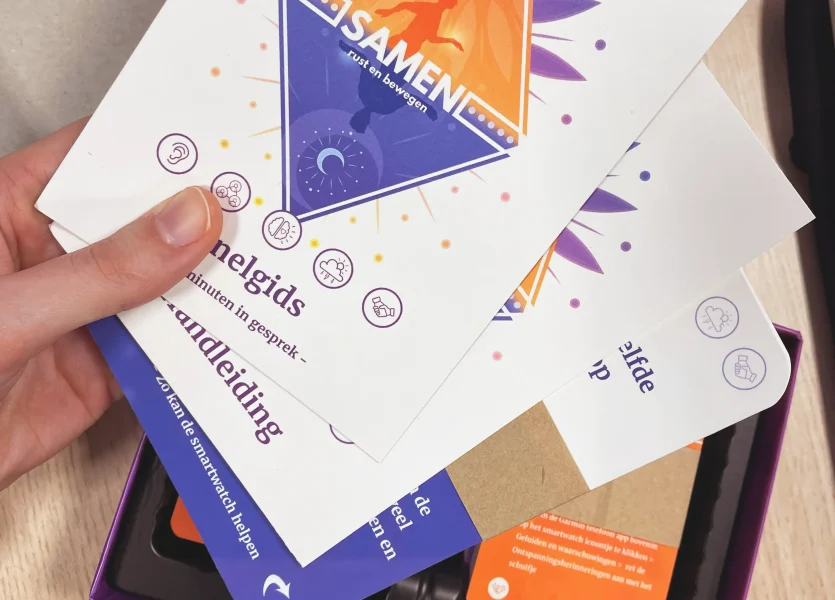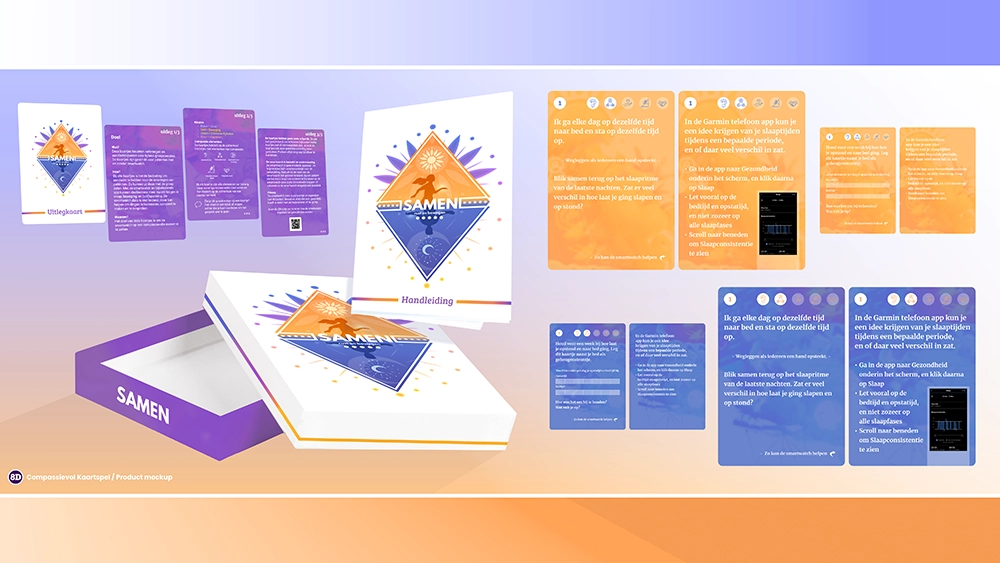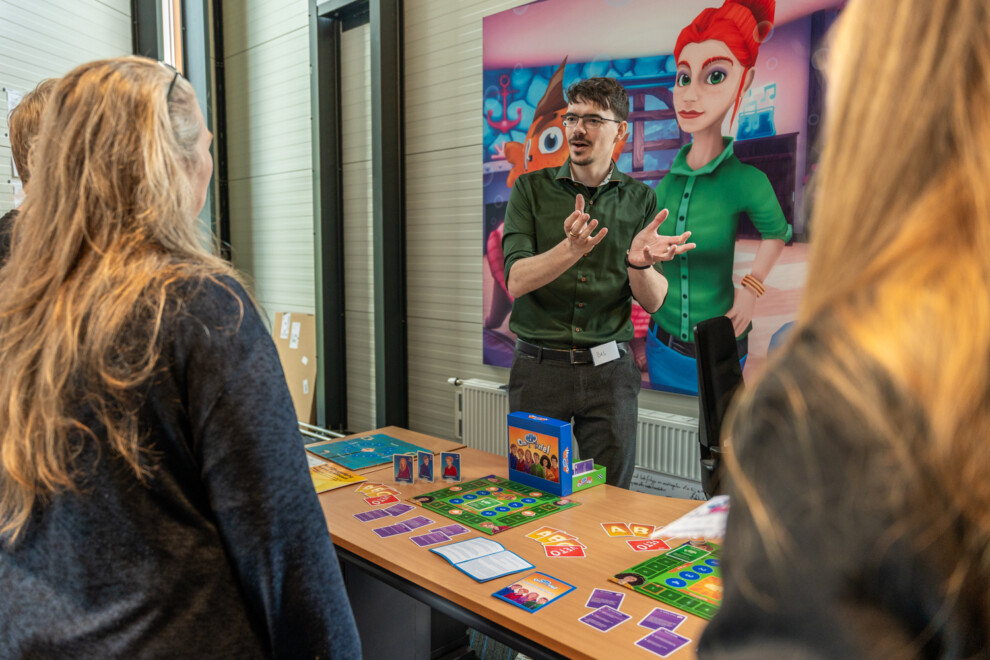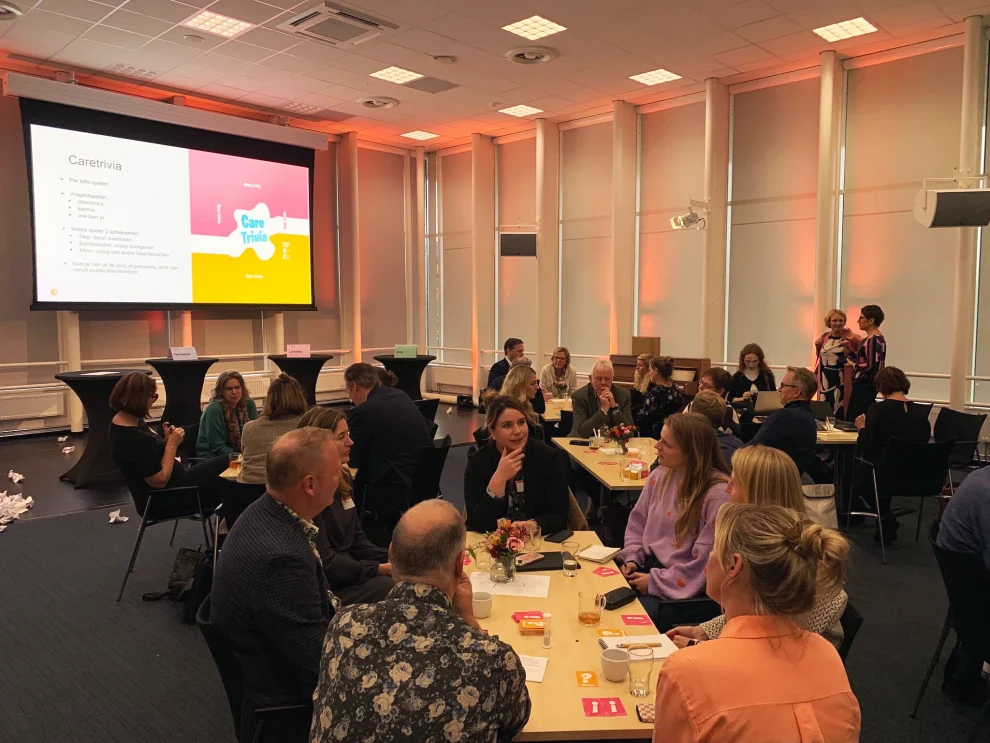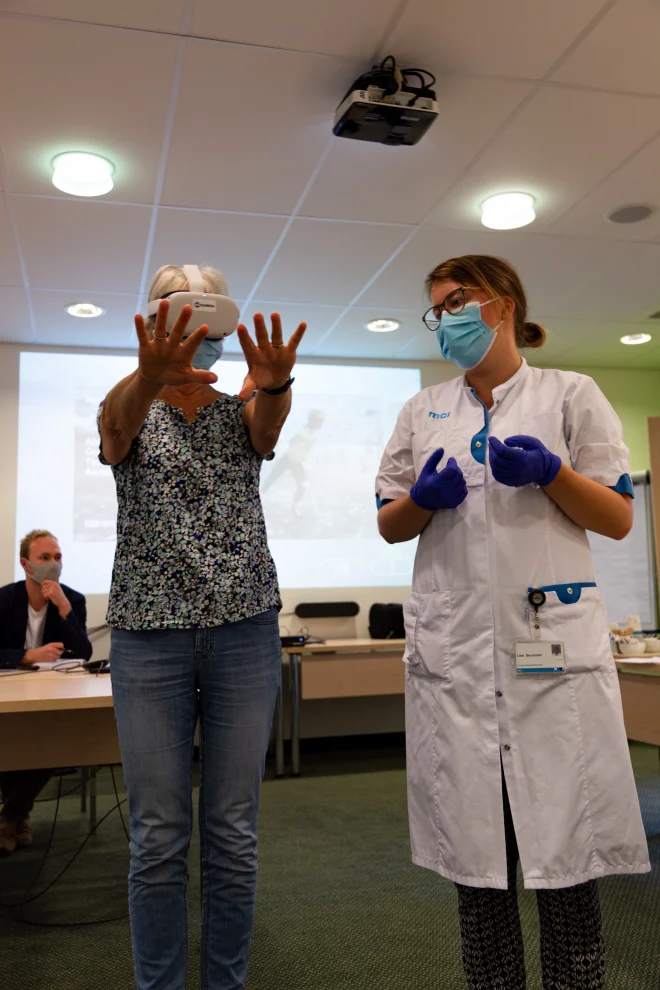Publications related to this project
van Lotringen, C., Lusi, B., Westerhof, G. J., Ludden, G. D., Kip, H., Kelders, S. M., & Noordzij, M. L. (2023). . The Role of Compassionate Technology in Blended and Digital Mental Health Interventions: Systematic Scoping Review. JMIR Mental Health, 10(1), e42403. https://doi.org/10.2196/42403
A systematic scoping review that defines the concept of compassionate technology and elaborates on it in the context of blended and digital mental health interventions. The study identifies design principles and mechanisms of action that can help promote compassion through technology.
van Lotringen, C. M., ten Klooster, P. M., Austin, J., Westerhof, G. J., Kelders, S. M., & Noordzij, M. L. (2024). Development of the Compassionate Technology Scale for Professionals (CTS-P): value driven evaluation of digital mental health interventions. BMC Digital Health, 2(1), 77. https://doi.org/10.1186/s44247-024-00132-6
Mixed-method studie naar hoe zorgprofessionals digitale interventies evalueren op het gebied van compassie. Op basis van kwalitatieve en kwantitatieve data is een meetschaal (CTS-P) ontwikkeld voor het beoordelen van digitale ggz-technologie vanuit waarden als menselijkheid, verbondenheid en autonomie.
van Lotringen, C. M., Jeken, L., Westerhof, G. J., Ten Klooster, P. M., Kelders, S. M., & Noordzij, M. L. (2021). Responsible relations: a systematic scoping review of the therapeutic alliance in text-based digital psychotherapy. Frontiers in Digital Health, 3, 689750. https://doi.org/10.3389/fdgth.2021.689750
A reflection on how theoretical models from implementation science translate into practice at a commercial e-mental health provider. The authors highlight the collaboration between science and practice, and discuss concrete tensions and lessons learned regarding the introduction of digital health technologies in mental health care.


